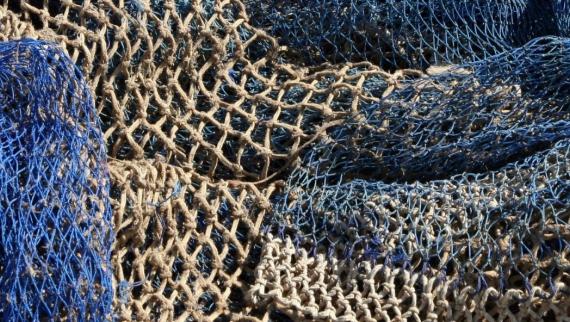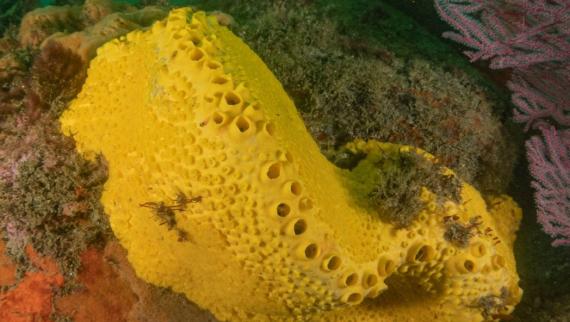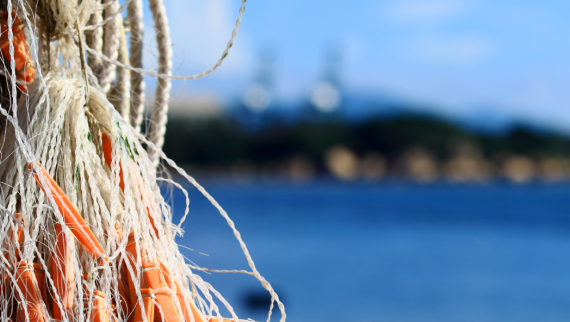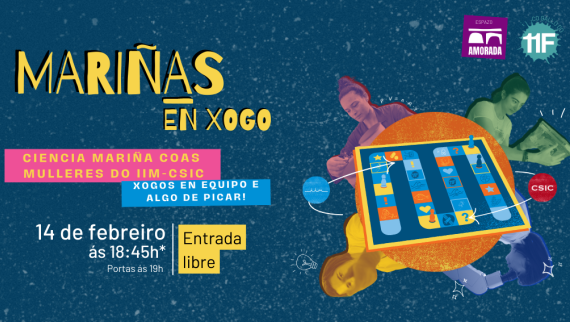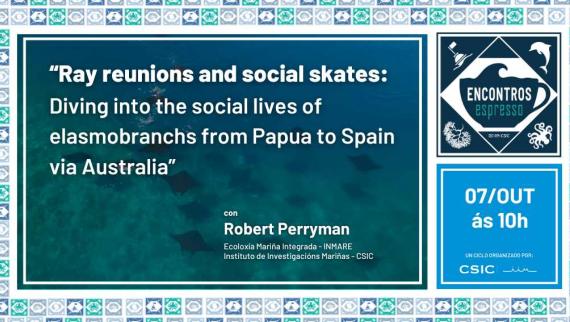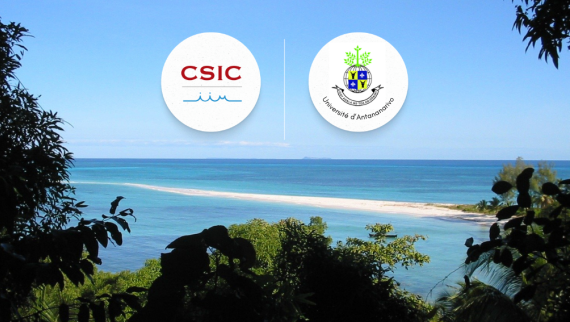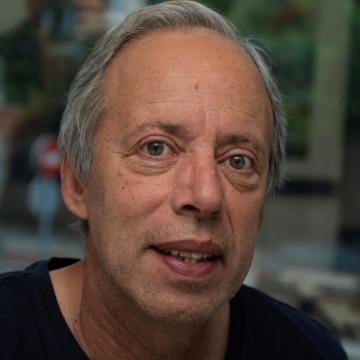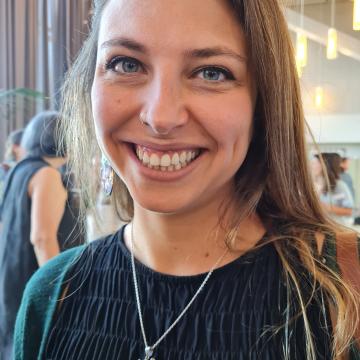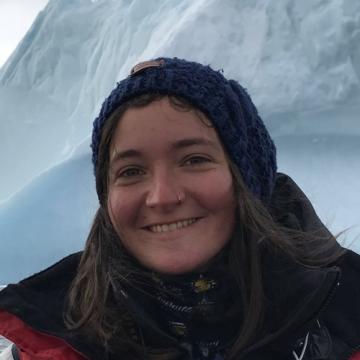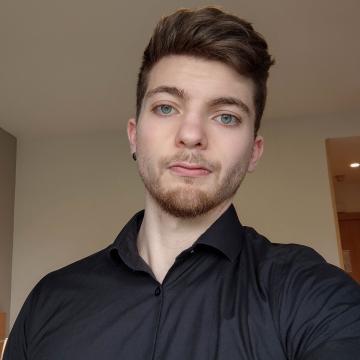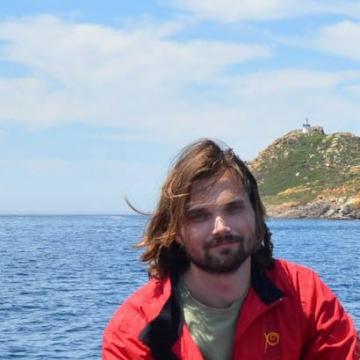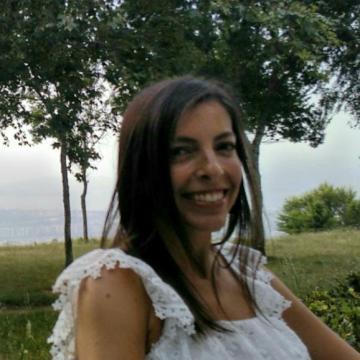Integrated marine ecology
All living beings, including those underwater, maintain an intricate relationship with their environment and with the other living beings that surround them. Discovering this complex network is essential for us to move towards a sustainable society.
The Integrated Marine Ecology Group, also known as INMARE, is a multidisciplinary group focused mainly on addressing ecological studies of marine organisms using complementary approaches. The topics studied cover a wide spectrum from ecology, evolutionary biology, genomics or conservation, both basic and applied to the management of marine resources at an ecosystem level that guarantee the conservation of biodiversity. The group therefore presents a broad approach, from studies with specific species to fishing-oceanographic research campaigns, including experimentation in confinement conditions.
This approach by the INMARE group requires several basic elements for the development of the research of this group. On the one hand, the definition and description of ecosystems that involve marine resources, in terms of scale, extension, structure and functioning and, on the other, the evaluation of the state of marine ecosystems, defined in terms of environmental health or integrity and established as acceptable to society, as well as the evaluation of threats.
In addition, the conservation, protection and rehabilitation of marine ecosystems and the mitigation of impacts using adaptation strategies are required, as well as a study of biodiversity with an integrative approach.
INMARE focuses on generating the necessary knowledge to ensure the protection, conservation and sustainable use of marine biodiversity, including those resources that are subject to exploitation. This knowledge is aimed at developing the necessary tools for the proper implementation of a ecosystem approach in marine resource management. The group is currently working along 5 lines of work:
- Experimental studies of marine organisms in culture: biology, physiology, interactions with the microbiota and development of cultivation techniques; taxonomic characterization of harmful microalgae.
- Ecology of marine species (life history; trophic relationships; identification, delimitation and estimation of the abundance of populations and their spatiotemporal variability; distribution and use of habitat; population dynamics; microbial ecology).
- Ecology of marine ecosystems (structure, functioning, complexity, stability and biodiversity) and impacts of natural and anthropogenic stressors; ecosystem modeling.
- Conservation of marine biodiversity and the sustainable use of living marine resources.
- Study of patterns and processes that contribute to the origin of biodiversity and its distribution, from an integrative approach that ranges from ecology to genomics.
- Villegas-Ríos, D.; Jacoby, D.M.P.; Mourier, J. (2022) Social networks and the conservation of fish Communications Biology DOI:10.1038/s42003-022-03138-w
- Hernández-Urcera, J.; Carneiro, M.D.D.; Planas, M. (2022) Turnover Rates and Diet–Tissue Discrimination Factors of Nitrogen and Carbon Stable Isotopes in Seahorse Hippocampus reidi Juveniles Following a Laboratory Diet Shift Animals DOI:10.3390/ani12101232
- Planas, M. (2022) Ecological Traits and Trophic Plasticity in The Greater Pipefish Syngnathus acus in the NW Iberian Peninsula Biology DOI:10.3390/biology11050712
- Knutsen, J.A.; Kleiven, A.R.; Olsen, E.M.; Knutsen, H.; Espeland, S.H.; Sørdalen, T.K.; Thorbjørnsen, S.H.; Hutchings, J.A.; Fernández-Chacón, A.; Huserbråten, M.; Villegas-Ríos, D.; Halvorsen, K.T.; Nillos Kleiven, P.J.; Langeland, T.K.; Moland, E. (2022) Lobster reserves as a management tool in coastal waters: Two decades of experience in Norway Marine Policy DOI:10.1016/j.marpol.2021.104908
- Raquel Ruiz-Díaz; Rosario Domínguez-Petit; Fran Saborido-Rey (2022) Atlantic cod growth history in Flemish Cap between 1981 and 2016: The impact of fishing and climate on growth performance. FRONTIERS IN MARINE SCIENCE DOI:10.3389/fmars.2022.876488
- PhD - Mario Davi Dias Carneiro (11/02/2022) Influência do pH na produção do peixe-palhaço (Amphiprion percula) e do cavalo-marinho (Hippocampus reidi) em sistemas de recirculação com baixa salinidade Universidade Federal de Rio Grande do Norte (UFRN)
- PhD - Cristina García Fernández (21/12/2021) Ecology of recruitment in European hake: interaction between maternal effects, environment and fisheries Universidad de Vigo (UVigo)
- TFM - Abdelhakim Belaidi (30/09/2021) Análisis de la interacción entre los parámetros de la historia vital de S. mentella, medio ambiente y pesquerías en el área de Flemish Cap. UNIVERSIDAD DE ALICANTE
- PhD - Carlos Mesquita (03/08/2020) Development of methods to inform fisheries assessment and managementof a data-limited species, brown crab (Cancer pagurus) in Scotland University of Aberdeen
- TFM - Miguel Álvarez González (09/07/2020) Análisis de ADN ambiental (eDNA) y su aplicación para la monitorización de cetáceos en el Atlántico norte Universidade de Vigo (UVIGO)
- Capabilities | Development and application of molecular methodologies for the identification and quantification of marine species in environmental samples
Identification of new molecular markers for species identification through Next-Generation Sequencing in environmental DNA samples, with applications for biodiversity monitoring and fisheries stock assessment.
- Capabilities | Biodiversity AssessmentMarine instruments & sensors Coastal & Environmental Protection Maritime Spatial Planning Ecosystem Services & Governance
Monitoring temporal and spatial distribution of species, abundance and biomass from several taxa using different techniques such as e-DNA, pigment characterization, flow cytometry, acoustic telemetry, images collected from remote observation systems (i.e. drones, etc.) or classic taxonomic identification.
- Capabilities | Development of management and decision-making tools based on modeling and simulated scenariosCoastal & Environmental Protection Maritime Spatial Planning Ecosystem Services & Governance Aquaculture Fisheries
Development of space-specific tools for assessment, management and decision-making by modeling the impacts of present and possible future environmental scenarios (pollution, climate change, etc.) on oceanographic conditions, biodiversity distribution, physiological response or fisheries and aquaculture performance.
- Capabilities | Development of Artificial Intelligence applications for fisheries management
Development of Deep Learning algorithms that allow automating fisheries monitoring processes and reducing time and costs compared with processing by human observers. The applications developed range from innovative systems for real-time remote electronic monitoring, which identify and quantify total catches of fishing vessels (e.g., iObserver), to new image recognition techniques that allow individually identifying fish and estimating population parameters.
- Capabilities | Fisheries stock assessment using traditional and molecular ecology approaches
Development of stock assessment models to estimate fish population status and Maximum Sustainable Yields for fisheries, based on fishing pressure data and population dynamics parameters (abundance, distribution, age, fecundity, etc.) obtained using traditional approaches and -omic techniques, which allow for a much higher spatial resolution.
- Software | GOVOCITOS
Govocitos is a free image analysis software that allows for easy and accurate determination of reproductive parameters in fish based on histological images. Although designed to estimate fish fertility, its applications are expandable to other counting, measurement and classification problems (i.e. pollen count, oncology and cytology, etc.).
More information here.
- Industrial Secret | Industrial production protocol for seahorses (Hippocampus reidi)
Authors: Miquel Planas Oliver; Alexandre Chamorro Valverde
Description: Development of integrated culture procedures for the industrial production of seahorses of the species Hippocampus reidi.




